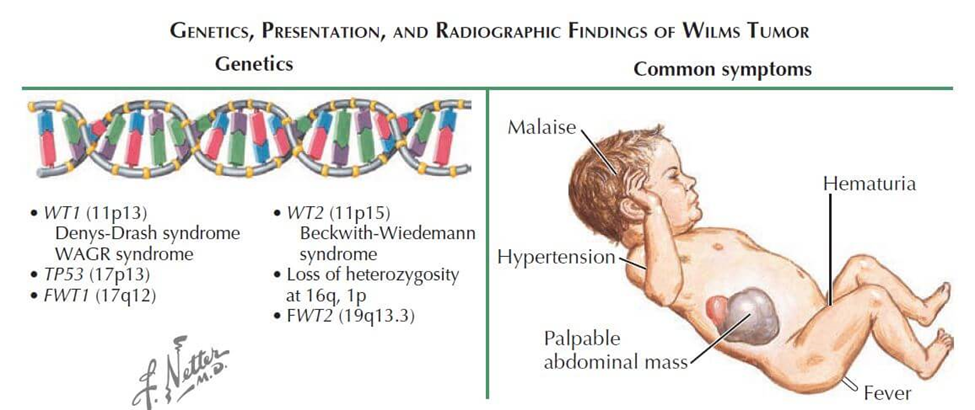A nurse is caring for a 4-year-old child who had an incident of bedwetting during hospitalization. The child's parents expresses concern about the incident. Which of the following responses should the nurse make?
"I know this can be embarrassing. I have kids myself so I understand, and it doesn't bother me."
"Children who are hospitalized often regress. The toileting skills will return when your child is feeling better."
"I will discuss your child's loss of bladder control with the provider."
"Why is she wetting the bed in the hospital? She must wet the bed at home."
The Correct Answer is B
A. "I know this can be embarrassing. I have kids myself so I understand, and it doesn't bother me."
This response acknowledges the child's feelings and reassures the parents that bedwetting is a common occurrence, especially during hospitalization. It also demonstrates empathy by sharing a personal experience. However, it may not address the parents' concerns about their child's bedwetting or provide information on how to manage it.
B. "Children who are hospitalized often regress. The toileting skills will return when your child is feeling better."
This response provides an explanation for the bedwetting incident, reassuring the parents that it is a common response to hospitalization and will likely resolve once the child feels better. It offers support and normalization of the behavior, which can help alleviate the parents' concerns.
C. "I will discuss your child's loss of bladder control with the provider."
This response indicates that the nurse will address the issue with the healthcare provider, which is appropriate if further evaluation or intervention is needed. However, it may not directly address the parents' concerns or provide immediate reassurance.
D. "Why is she wetting the bed in the hospital? She must wet the bed at home."
This response may come across as accusatory or judgmental, which can increase parental anxiety or guilt. It does not provide reassurance or support to the parents and does not address the child's immediate needs.
Nursing Test Bank
Naxlex Comprehensive Predictor Exams
Related Questions
Correct Answer is A
Explanation
A. Firmly attached white particles on the hair:
Firmly attached white particles on the hair are characteristic of nits, which are the eggs of lice. While this finding supports the diagnosis of pediculosis capitis, it is not a definitive indication on its own.
B. Itching and scratching of the head:
Itching and scratching of the head are common symptoms of pediculosis capitis. However, they are also common symptoms of various other scalp conditions, so they are not definitive indications.
C. Thick, yellow-crusted lesions on a red base:
This description is more characteristic of impetigo, a bacterial skin infection, rather than pediculosis capitis. Impetigo typically presents with yellow-crusted lesions on a red base, but it does not involve lice infestation.
D. Patchy areas of hair loss:
Patchy areas of hair loss are not typically associated with pediculosis capitis. This finding is more suggestive of conditions like alopecia areata or fungal infections.
Correct Answer is C
Explanation
A. Gross hematuria: Gross hematuria refers to visible blood in the urine, which can present as pink, red, or cola-colored urine. While hematuria can be associated with various kidney conditions, including Wilms' tumor, it is not a consistent or defining symptom of this specific tumor. Additionally, because the tumor is typically confined within the kidney and does not usually invade the urinary tract, gross hematuria might not always be present.
B. Dysuria: Dysuria is the medical term for painful or difficult urination. It is not a typical symptom of Wilms' tumor, as this tumor primarily affects the kidney and may not directly affect the urinary tract in a way that causes painful urination.
C. An abdominal mass: This is the correct answer. Wilms' tumor often presents as a palpable abdominal mass, which may be felt during physical examination. The mass is usually firm, non-tender, and confined to one side of the abdomen. Detection of an abdominal mass should prompt further diagnostic evaluation to confirm the diagnosis and plan appropriate treatment.
D. Nausea and vomiting: While some children with Wilms' tumor may experience nausea and vomiting, these symptoms are nonspecific and can be caused by various conditions. They are not considered characteristic or defining features of Wilms' tumor. The presence of nausea and vomiting would prompt further assessment to determine the underlying cause

Whether you are a student looking to ace your exams or a practicing nurse seeking to enhance your expertise , our nursing education contents will empower you with the confidence and competence to make a difference in the lives of patients and become a respected leader in the healthcare field.
Visit Naxlex, invest in your future and unlock endless possibilities with our unparalleled nursing education contents today
Report Wrong Answer on the Current Question
Do you disagree with the answer? If yes, what is your expected answer? Explain.
Kindly be descriptive with the issue you are facing.
